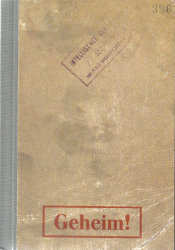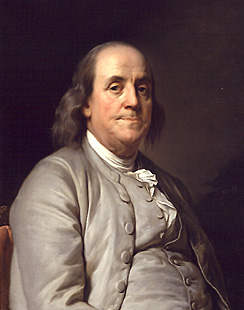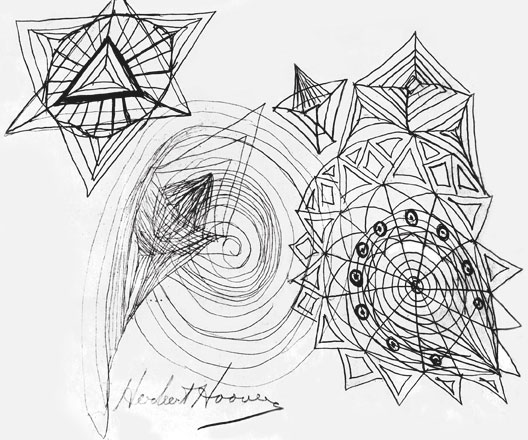In 1784, to help pay off debts after the Revolutionary War, North Carolina offered to give Congress 29 million acres of its territory west of the Appalachians. When the legislature rescinded this offer a few months later, the settlers seceded to establish a new state of their own.
“Franklin” failed of joining the union by two votes in the Continental Congress, but it elected officers, convened a legislature, and wrote a constitution. The economy was based largely in barter — John Wheeler Moore’s 1882 School History of North Carolina quotes the officers’ pay:
His Excellency, the Governor, per annum, one thousand deer skins; His Honor, the Chief Justice, five hundred deer skins, or five hundred raccoon skins; the Treasurer of the State, four hundred and fifty raccoon skins; Clerk of the House of Commons, two hundred raccoon skins; members of Assembly, per diem, three raccoon skins.
Things began to fall apart in 1788, when Franklin’s governor tried to place the defenseless state under Spanish rule. North Carolina arrested him, and the last holdouts turned themselves in. The region now belongs to Tennessee.




